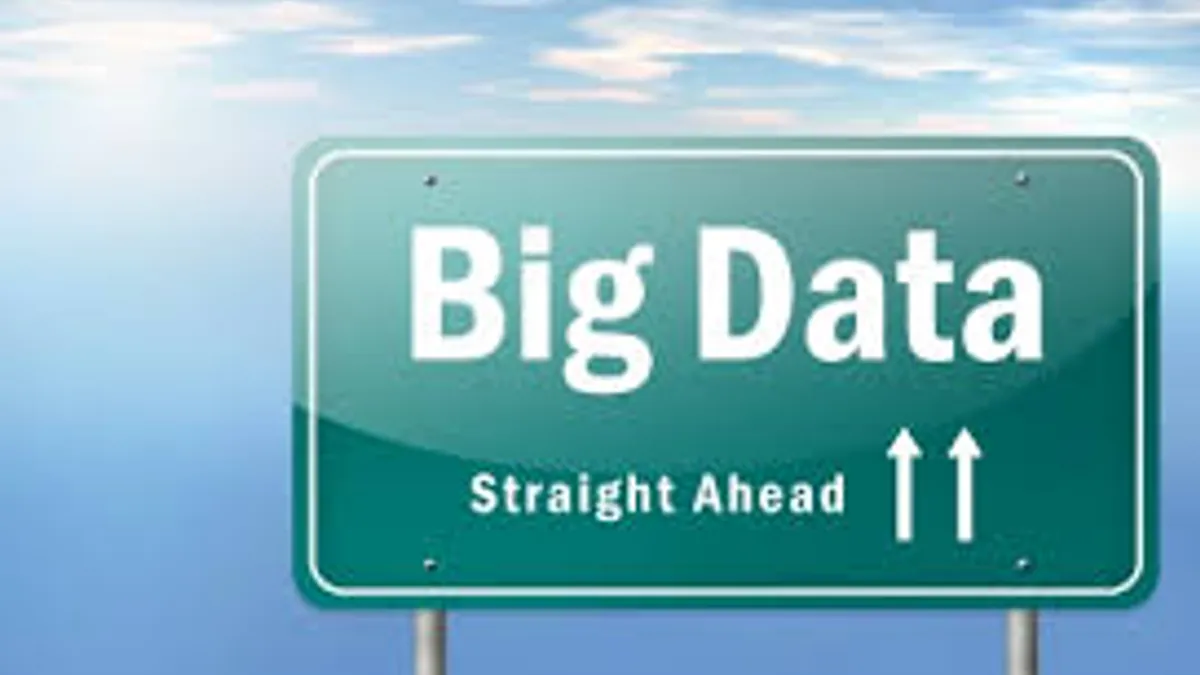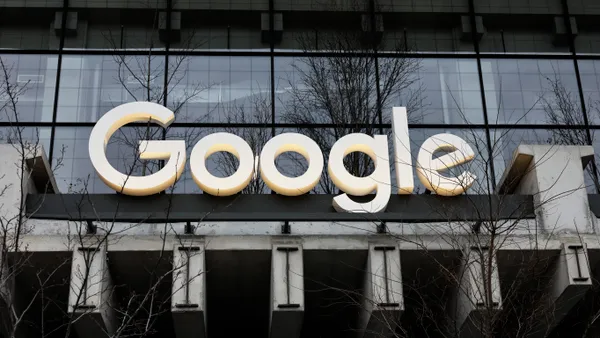Dive Brief:
- The FTC issued a new report warning that big data can lead to discrimination and exacerbate economic disparity.
- The report, "Big Data: A Tool for Inclusion or Exclusion,” includes warnings and guidelines for businesses for analyzing data that is often valuable to both companies and consumers.
- Though the FTC cautions how to use big data, the report concludes that big data, when used well, can benefit under-served populations and increase opportunities for education, credit, health care and employment.
Dive Insight:
Overall, the FTC said, big data can perpetuate existing economic disparities or create new ones.
“Big data’s role is growing in nearly every area of business, affecting millions of consumers in concrete ways,” said Edith Ramirez, chairwoman of the FTC. “Businesses must ensure that their big data use does not lead to harmful exclusion or discrimination.”
The FTC outlines some laws that apply to big data use, including the Fair Credit Reporting Act, the FTC Act and equal opportunity laws, and offers companies advice on how to maximize the benefits of big data while limiting possible harms.
Rachel Goodman, a staff attorney for the American Civil Liberties Union's Racial Justice Program, praised how the FTC report recognizes that predictive analytics may lead companies to engage in discrimination that violates civil rights laws.
"While it rightly urges companies to be careful not to discriminate, self-monitoring is not enough," Goodman said. "We need systems for auditing the proprietary algorithms that make crucial decisions about housing, credit and employment, in order to ensure that they treat everyone fairly."












